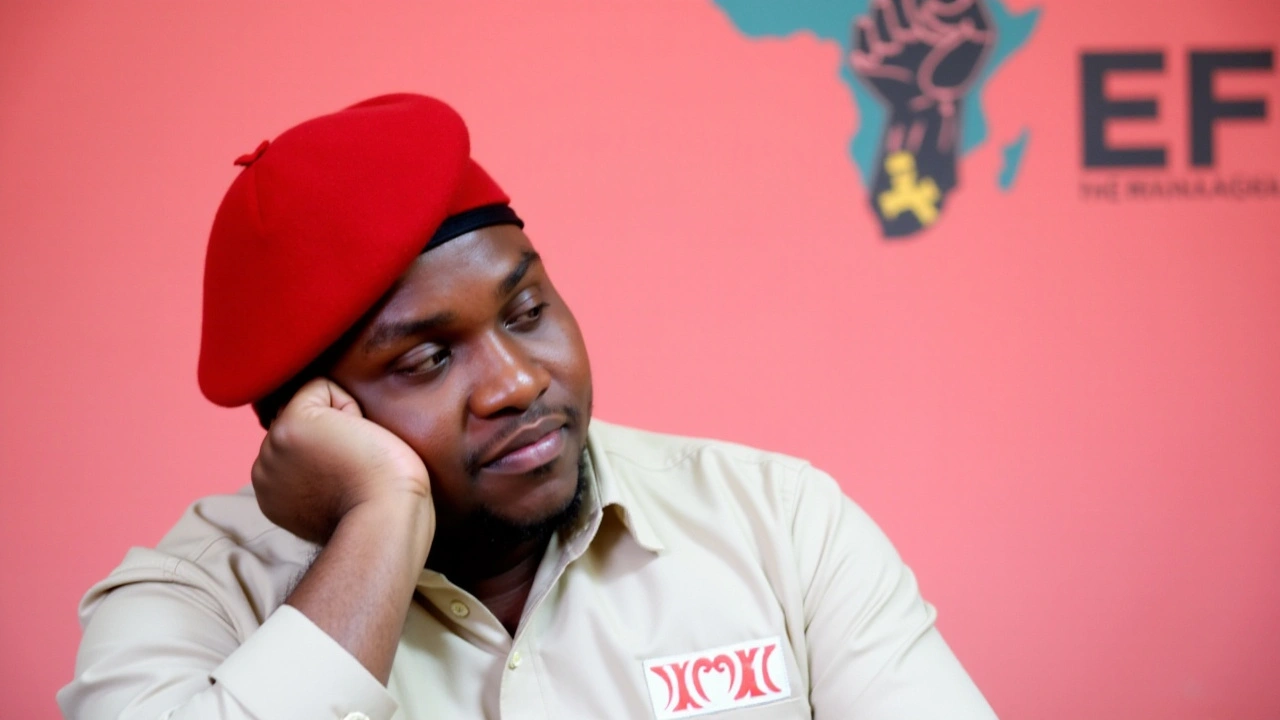Jacob Zuma's MK Party: The Basics and Why It Matters
If you’ve been following South African politics, you’ve probably heard the name Jacob Zuma more than once this year. After his long stint as president and a series of legal battles, Zuma is back in the spotlight with a new political outfit – the MK Party. So, what is the MK Party, and why should you care?
Where the MK Party Came From
The MK Party was officially launched in early 2024 under Zuma’s leadership. The name “MK” pays homage to the Umkhonto we Sizwe (MK) armed wing of the ANC that fought against apartheid. Zuma says the party wants to revive the spirit of that struggle, but with a modern twist focused on economic empowerment and anti‑corruption reforms – at least on paper.
Key figures beside Zuma include former ANC stalwarts who felt sidelined after the party’s recent internal shake‑ups. They bring experience from government ministries, provincial legislatures, and even some business circles. This mix of political veterans and fresh faces gives the party a “seasoned but new” vibe that they hope will attract disillusioned voters.
What the MK Party Stands For
In its manifesto, the MK Party highlights three main pillars:
- Economic Justice: Land reform, crypto‑friendly policies, and support for small‑scale farmers.
- Security & Safety: Stronger policing, community safety initiatives, and a crackdown on organized crime.
- Good Governance: Promises of transparent tender processes, reduced red‑tape, and a pledge to investigate past corruption cases – including those involving the ANC.
Critics argue the platform is vague, but supporters say it hits the sweet spot for many South Africans who feel left out by the current ruling parties.
One practical thing to watch is the party’s stance on the upcoming 2024 national elections. Polls show the MK Party hovering around 2‑4% of the vote, which isn’t enough for a majority but could make them king‑makers in a hung parliament. If they pull a few more percentages, they could snag a few seats in the National Assembly and become a louder voice in coalition talks.
Another real‑world detail is the party’s funding. Zuma has hinted at backing from local business owners who want more “economic freedom.” The party also runs a crowd‑funding drive on its website, encouraging small donations. Transparency around money will be a big test for their claim of good governance.
On the ground, the MK Party has been busy holding town‑hall meetings in Gauteng, KwaZulu‑Natal, and the Eastern Cape. These events are low‑budget – often just a school hall, a microphone, and a few volunteers handing out flyers. Yet they seem to attract a mix of older ANC loyalists and younger voters fed up with the status quo.
So, should you keep an eye on Jacob Zuma’s MK Party? If you’re curious about a potential third force shaking up South Africa’s political landscape, the answer is yes. The party’s growth will depend on how well they convert grassroots enthusiasm into actual votes and whether they can survive the inevitable legal and media scrutiny that follows any Zuma‑linked venture.
Bottom line: the MK Party is still in its infancy, but it’s already making headlines. Follow the story, watch the polls, and see if Zuma’s political comeback can translate into real policy changes. Either way, it adds a fresh layer to an already dynamic South African political scene.

15
Aug
Floyd Shivambu, deputy president of the Economic Freedom Fighters (EFF), has resigned to join Jacob Zuma's MK Party. Allegations of corruption, fraud, and money laundering involving the VBS mutual bank scandal loom over Shivambu and EFF leader Julius Malema. The announcement has caused significant turmoil within the EFF, impacting party support in South Africa.
Read More
